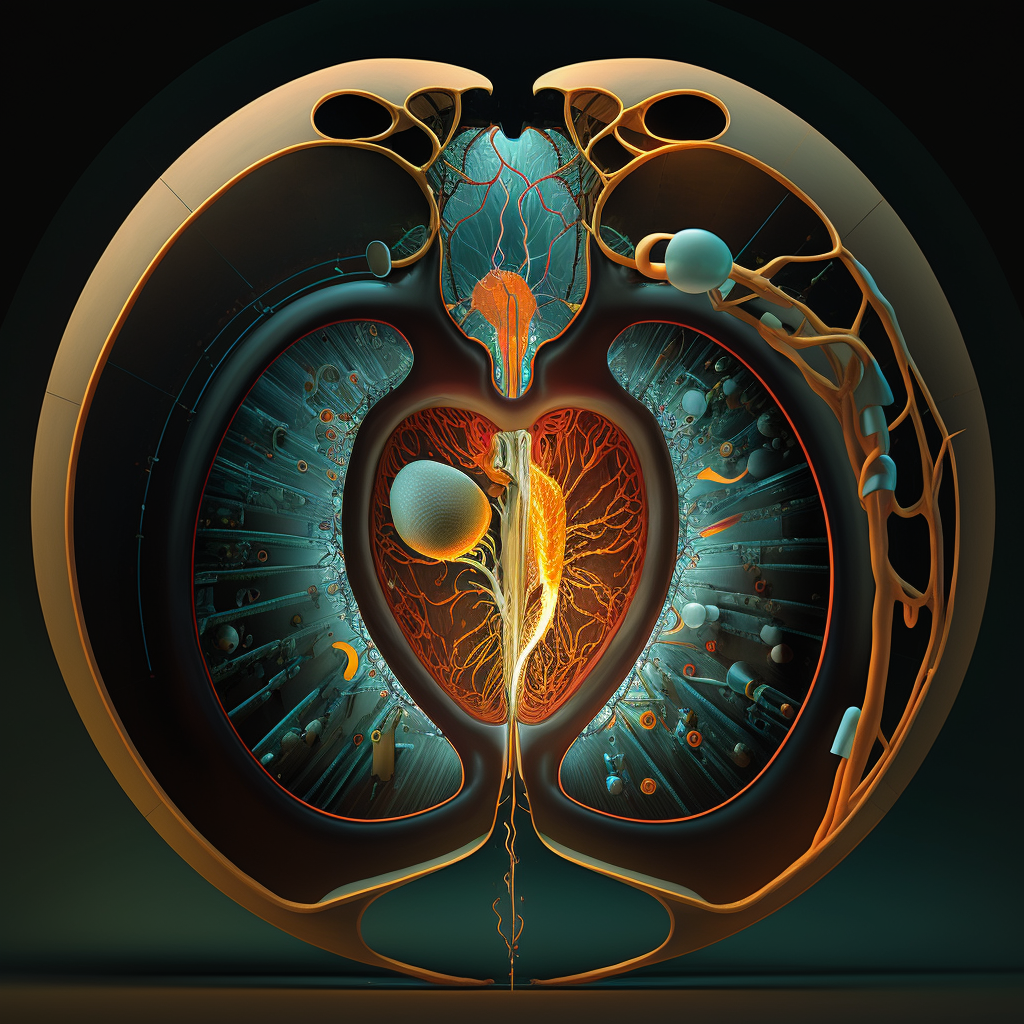The #1 Rated Blood Sugar Formula
Portal Hypertension: A Comprehensive Guide to Causes, Symptoms, and Treatment Options

Introduction
Portal hypertension is a medical condition characterized by increased blood pressure in the portal venous system. This system comprises the veins that transport blood from the gastrointestinal tract, spleen, pancreas, and gallbladder to the liver. When the blood flow through the liver becomes obstructed or slowed, it can result in portal hypertension. Understanding the causes, symptoms, and treatment options for this condition is crucial for proper management and care.
Causes of Portal Hypertension
- Cirrhosis: The most common cause of portal hypertension is liver cirrhosis, a condition where healthy liver tissue is replaced by scar tissue. This process impairs blood flow through the liver, leading to increased pressure in the portal veins.
- Blood clots: Portal vein thrombosis, or the formation of blood clots in the portal vein, can obstruct blood flow and contribute to portal hypertension.
- Schistosomiasis: This parasitic infection can damage the liver and lead to portal hypertension.
- Budd-Chiari syndrome: A rare condition, Budd-Chiari syndrome involves the blockage of hepatic veins, which can increase pressure in the portal venous system.
Symptoms of Portal Hypertension
Portal hypertension can be asymptomatic in its early stages. However, as the condition progresses, patients may experience various symptoms, including:
- Ascites: The accumulation of fluid in the abdominal cavity is a common symptom of portal hypertension.
- Gastrointestinal bleeding: Increased pressure in the portal veins can cause blood vessels in the esophagus and stomach to enlarge, resulting in varices. These varices can rupture and lead to life-threatening gastrointestinal bleeding.
- Encephalopathy: The buildup of toxins in the bloodstream due to impaired liver function can cause confusion, memory problems, and changes in personality.
- Splenomegaly: An enlarged spleen, or splenomegaly, is another symptom of portal hypertension. This can lead to a decreased white blood cell count, making patients more susceptible to infections.
Diagnosis of Portal Hypertension
Diagnosing portal hypertension involves a thorough medical history, physical examination, and various tests, including:
- Blood tests: These can help identify liver function abnormalities and assess the extent of liver damage.
- Imaging studies: Ultrasound, CT scans, and MRI can provide detailed images of the liver and portal venous system to identify potential blockages or liver damage.
- Endoscopy: An endoscope, a flexible tube with a camera, is used to examine the esophagus and stomach for varices.
Treatment Options for Portal Hypertension
The treatment of portal hypertension depends on the severity of the condition and the underlying cause. Some common treatment options include:
- Medications: Beta-blockers and nitrates can help lower portal vein pressure and reduce the risk of variceal bleeding.
- Endoscopic therapy: Band ligation or sclerotherapy can be used to treat varices and prevent bleeding.
- Transjugular intrahepatic portosystemic shunt (TIPS): This minimally invasive procedure involves creating a new pathway for blood flow in the liver, thereby reducing portal vein pressure.
- Liver transplant: In severe cases, a liver transplant may be the only option to treat portal hypertension.
Conclusion
Portal hypertension is a serious condition that requires proper diagnosis and management. By understanding the causes, symptoms, and available treatment options, patients and healthcare professionals can work together to manage this condition effectively. Early intervention and a comprehensive approach to care can significantly improve the quality of life for those affected by portal hypertension.

Maja Kowalczyk is a health enthusiast and has been interested in healthy and natural methods of regulating blood pressure for many years.










